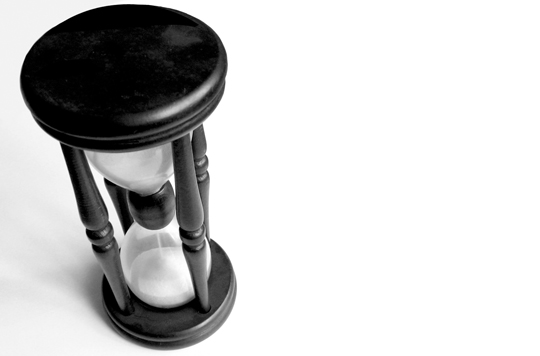» continued from last time …
“If I only had an enemy bigger than my apathy,
I could have won.”
—Mumford & Sons, “I Gave You All”

It’s often remarked by those in the West how happy people seem when they visit developing nations. They have so little, and yet they are so happy!
(Really? Being poor and living hand-to-mouth makes one happy? I thought being comfortable was necessary for a joyful life.) Perhaps they have developed more strongly what we miss in our comfortable bubbles: contentment and gratitude. While we may think that a mixture of a perfect environment, coupled with optimal opportunities will make for a great life when combined with the dreams of our parents. You know, the one’s where we accomplish everything they envisioned for us. Call it living vicariously through one’s child, and I call it pretending. Have you noticed how grateful pampered kids are today? Are spoiled kids content with what they have? I’ve said it before, kids are just mini versions of us adults, and ingratitude and greed run in our family.
Being ungrateful comes from our having unmet expectations, specific desires that go unfilled. More to the point, ingratitude means we think we deserve better. Reality is what remains when all we hoped for disappoints us. Since we know that true hope does not and cannot disappoint (Romans 5:5), our shattered dreams must instead be a sorry substitute for the life God envisioned for us.
Why do we resist His grand vision for our lives, and pursue our own tiny versions?
I tend to think we do this because we desire to be the heroes of our own story. All our lives we are told we can do anything with our lives, that we can do amazing things. If only each of us would choose to replace our “old” life for a brand “new” one. Simple as that. Believe in yourself, try new things, and whatever you desire can be yours. Yes, we are a big deal.
Of course we think we’re a big deal. Consider how much history is being made … right this moment:

Population-weighted history of the past two millennia.
Source: The Economist
You know what happened at the beginning of that graph? A poor man born in Bethlehem and raised in Nazareth made more history than we would. He didn’t carry much economic clout back then, though He owns the whole universe.
It’s been said it’s not the number of our days that matter, it’s the worth of our days. In Jesus’ short three decades He accomplished more than we ever will in our medically-augmented 72-plus. His life is not even a tiny dot on that graph. Ours show up collectively as two tall lines, part of the economic output and years lived. On this scale, we could easily think we are better. Or at least we live in a better world now, right? The world was cruel back then, and remains just as cruel today as 2,000 years ago.
Even in our global village, we keep ourselves confined to our family-friendly edge of the village, in climate-controlled palaces and carriages. All the while — remember the graph — more history is being made today than ever before. More people means more opportunities for good, and for suffering. As we near 7 Billion people on planet earth, multiplied by 3,600 seconds every hour, and every moment carries more weight than every before. The question, do we want to stay apathetic, or get involved? Mumford and Sons is on to something; I think apathy is the strongest “force” in the first world today.
Consider the following, brought to us by Richard Stearns, president of World Vision, in his great book The Hole in Our Gospel:
“When Evangelical Christians where asked whether they would help children orphaned by AIDS, assuming they were asked by a reputable Christian organization that was doing this work …
- only 3 percent said that they definitely would help;
- 52 percent said that they would probably or definitely would not help!”
—ch. 17, “AWOL to the Greatest Humanitarian Crisis of All Time”
And this on the current plight ongoing in our little space in history:
“Fifteen thousand Africans are dying each day of preventable, treatable diseases — AIDS, malaria, TB — for lack of drugs that we take for granted.
This statistic alone makes a fool of the idea many of hold on to very tightly: the idea of equality. What is happening to Africa mocks our pieties, doubts our concern and questions our commitment to the whole concept. Because if we’re honest, there’s no way we could conclude that such mass death day after day would ever be allowed to happen anywhere else. Certainly not North America or Europe, or Japan. An entire continent bursting into flames? Deep down, if we really accept that their lives — African lives — are equal to ours, we would all be doing more to put the fire out. It’s an uncomfortable truth.”
—Bono, quoted in The Hole in Our Gospel, ch. 8, “The Greatest Challenge of the New Millennium.”
Since we know, there is no longer any excuse.
The question remains: what are we going to do about that?
Let’s make history.
… to be continued …











